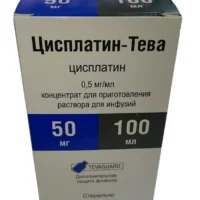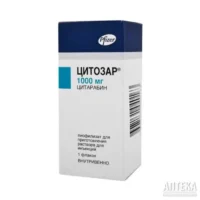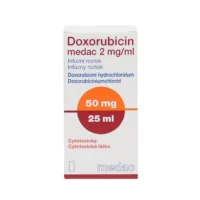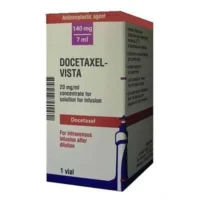Description
Mifortik (Mycophenolate Sodium) Enteric Tablets 180 mg. №120
Ingredients
- Active ingredient: Mycophenolate sodium 180 mg
Dosage
- Recommended dosage: The usual dose is 720 mg twice daily. Dosage may vary based on individual patient needs.
Indications
- Mifortik (Mycophenolate Sodium) Enteric Tablets are indicated for the prophylaxis of organ rejection in patients receiving allogeneic renal transplants.
Contraindications
- Do not use Mifortik (Mycophenolate Sodium) Enteric Tablets if you are allergic to mycophenolate sodium or any other ingredients in the product.
Directions
- Take Mifortik (Mycophenolate Sodium) Enteric Tablets exactly as prescribed by your healthcare provider. Swallow the tablets whole with water, do not crush or chew them.
Scientific Evidence
- Mycophenolate sodium is a prodrug of mycophenolic acid, which inhibits inosine monophosphate dehydrogenase, a crucial enzyme for the de novo synthesis of guanosine nucleotides. This action suppresses T-lymphocyte and B-lymphocyte proliferation, reducing the immune response against transplanted organs.
- Clinical trials have demonstrated the efficacy of mycophenolate sodium in preventing organ rejection in transplant recipients. A study by Nashan et al. (2009) showed that mycophenolate sodium was well-tolerated and effective in renal transplant patients, with a low incidence of acute rejection episodes.
Additional Information
- It is important to follow your healthcare provider’s instructions carefully while taking Mifortik (Mycophenolate Sodium) Enteric Tablets. Inform your doctor about any other medications you are taking to avoid potential drug interactions.
- Contact your healthcare provider immediately if you experience any unusual symptoms or side effects while using Mifortik (Mycophenolate Sodium) Enteric Tablets.





